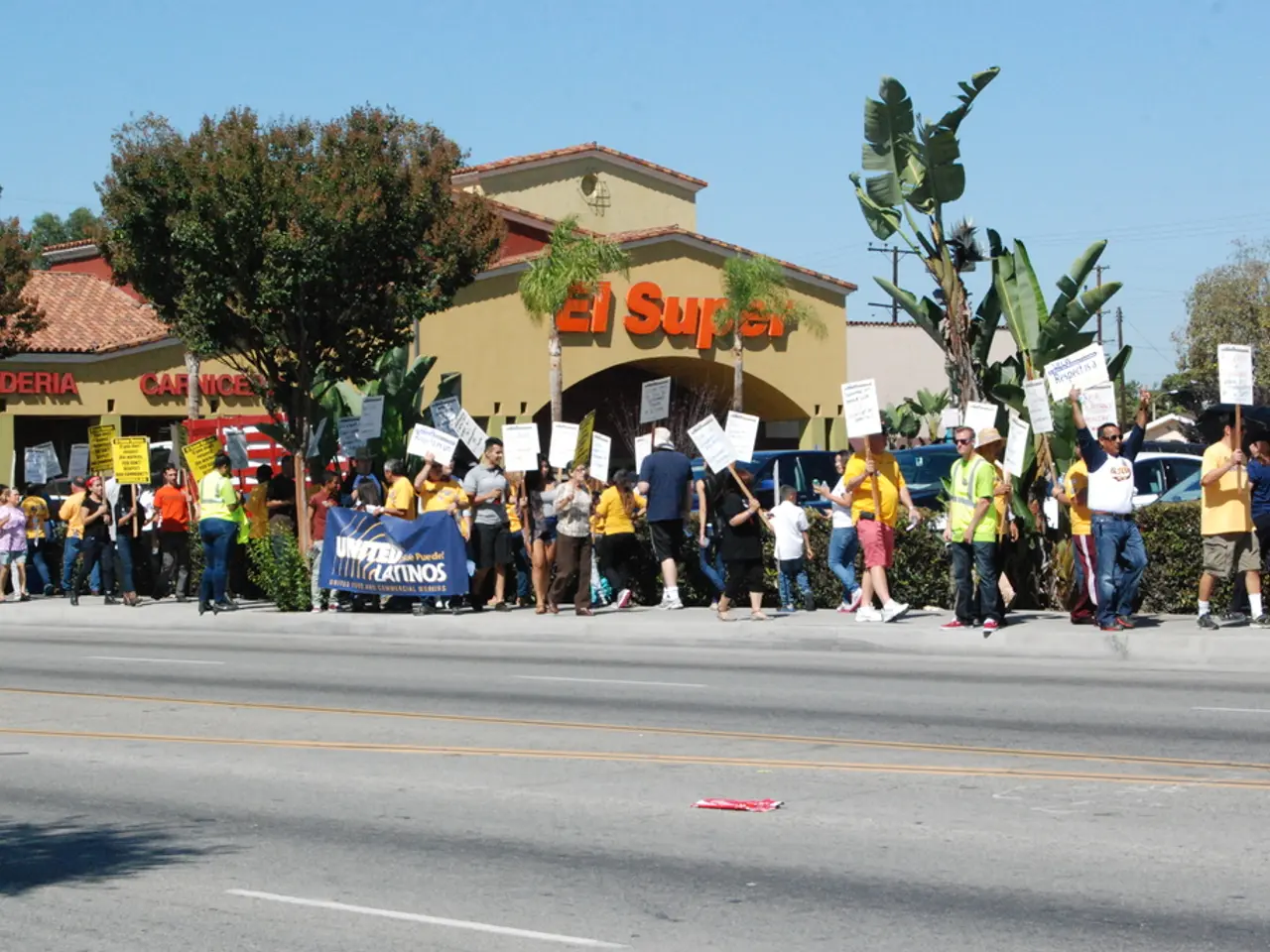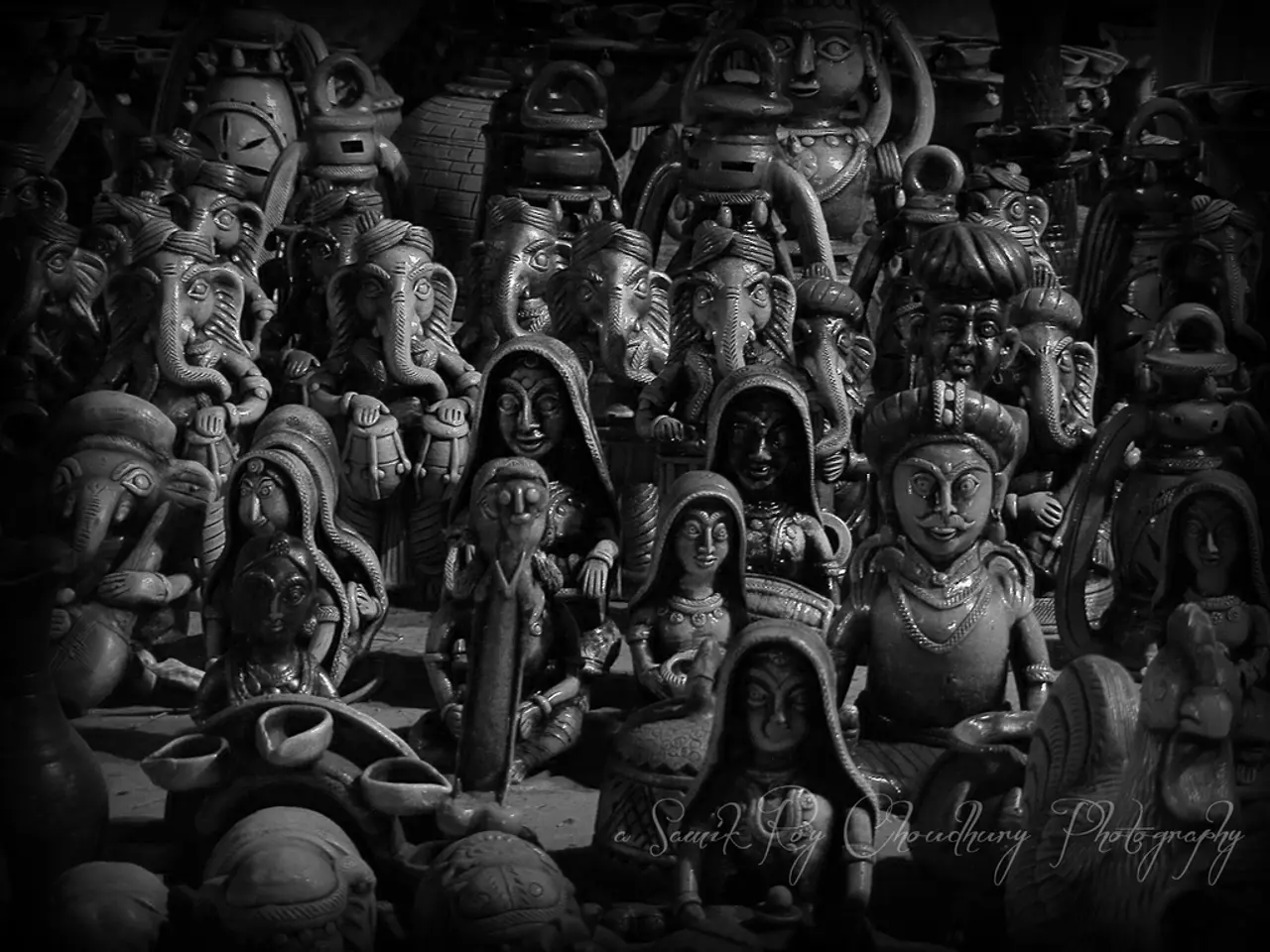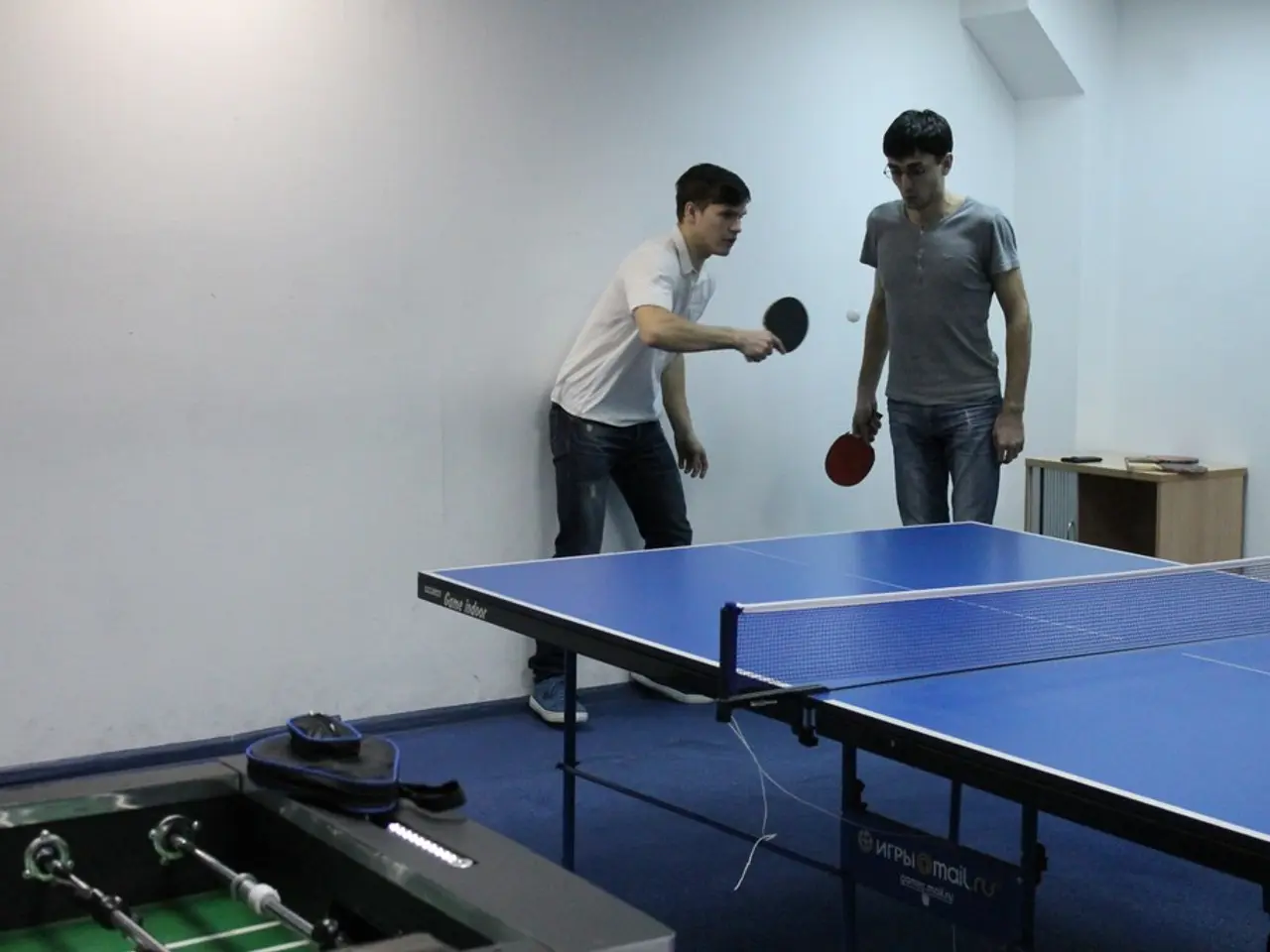Persisting Predicament: Why Deceptive Cinematic Previews Continue Unabated
In the ever-evolving landscape of online entertainment, a new trend has emerged: the creation of fake movie trailers using artificial intelligence (AI). Major Hollywood studios, such as Warner Bros. Discovery (WBD), Universal, and Sony Pictures, are addressing this issue on platforms like YouTube primarily by seeking to monetize these trailers rather than pursuing copyright takedowns.
The strategy involves YouTube directing ad revenue generated from views of these fake AI trailers to the studios themselves. This approach is seen as a pragmatic way to manage the proliferation of such content, which can number in the thousands and generate millions of views, making traditional legal action against individual uploaders costly and inefficient. By claiming the ad revenue, studios aim to both recoup potential losses and create a financial disincentive for further unauthorized AI-generated trailers.
Alongside monetization strategies, some studios like Universal have issued warnings to AI companies and creators, threatening legal action if their movies are used without authorization to train AI models or generate derivative content. This suggests studios are still holding legal tools in reserve to enforce copyright against AI use when it crosses certain lines.
Warner Bros. Discovery (WBD) has claimed monetization on Screen Culture trailers for Superman and House of the Dragon, while Sony Pictures has claimed revenue on fake trailers for Spider-Man and Kraven The Hunter. Paramount has also claimed revenue on a counterfeit Gladiator II video.
This combination of monetization and legal threats reflects Hollywood's evolving strategy to manage AI-generated content that challenges traditional copyright and content control models. However, some industry professionals find dealing with influencers and fan sites that run fake content a headache. Many YouTube channels using AI to create deceptive fake trailers have gained popularity and millions of followers.
The latest viral AI craze involves the generation of Ghibli-style art. Fake trailers, whether with spliced footage or AI generated imagery, are low on the spectrum of bad things that can be done with deepfake technology. Nevertheless, they pose a challenge to the film industry, and studios seem to be opting to cash in on the fake trailers rather than stopping them.
As the trend continues, it remains to be seen how Hollywood will navigate this new frontier in content creation and distribution. One thing is certain: the world of online entertainment is about to get a whole lot more interesting.
- Gizmodo has reported on the increasingly popular trend of using deepfake technology to create fake movie trailers, which have already claimed ad revenue on YouTube for movies like Superman and Spider-Man.
- io9 reveals that Universal Studios, in addition to monetizing fake AI-generated trailers, has issued warnings to AI companies and creators, threatening legal action if their movies are used without authorization for training AI models or generating derivative content.
- As the future unfolds, Entertainment Weekly might explore how the rise of AI-generated content, such as Ghibli-style art and deceptive trailers, will impact the movie industry and shift the landscape of online entertainment.







